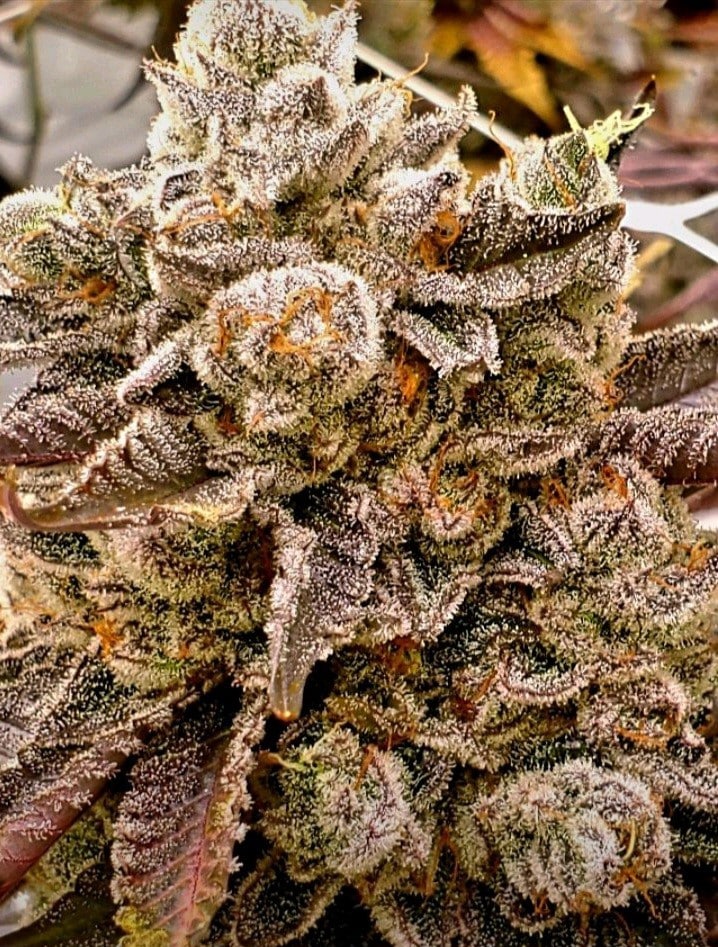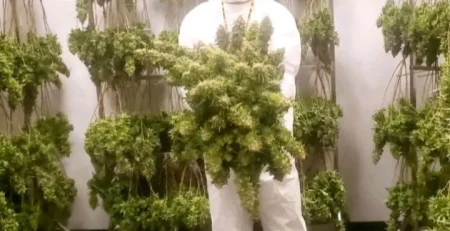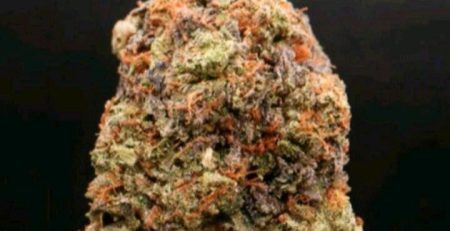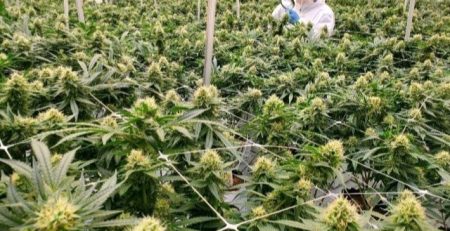Unveiling the Intricacies of Cannabis Plant Psychology in Horticulture:
Cannabis, a versatile & complex plant, extends its influence beyond mere biological processes, delving into the realm of plant psychology.
As horticulturists strive to optimize cultivation practices, understanding the nuanced psychological aspects of the cannabis plant becomes paramount.
1️⃣ Rooted in Sensory Perception
Much like animals, cannabis plants exhibit sensory perception, responding to environmental stimuli. Research suggests that cannabis plants can detect light, temperature, humidity, and even subtle vibrations. This awareness allows them to adjust growth patterns, flowering times, & cannabinoid production in response to external cues.
2️⃣ Communication Through Chemical Signaling
Cannabis plants engage in intricate chemical communication through the release of volatile organic compounds (VOCs). These compounds serve as signals, allowing plants to communicate with each other & with neighboring species. This signaling plays a crucial role in defense mechanisms, nutrient acquisition, & even in attracting pollinators.
3️⃣ Adaptive Responses to Stress
Cannabis plants display a remarkable ability to adapt to stressors, both biotic & abiotic. When faced with pests or environmental challenges, the plant initiates defense mechanisms, altering its chemical composition to deter predators or enhance resilience. This adaptability is a testament to the plant’s dynamic psychological processes.
4️⃣ Cannabinoid Production & Environmental Factors
The psychological state of a cannabis plant significantly influences cannabinoid production. Stressors, such as nutrient deficiencies, water scarcity, or sudden changes in environmental conditions, can trigger the plant to increase the production of cannabinoids like THC & CBD. Understanding these triggers allows horticulturists to fine-tune cultivation practices for desired chemical profiles.
5️⃣ Photomorphogenesis & Circadian Rhythms
Cannabis plants possess a sophisticated understanding of light through photomorphogenesis, where light signals regulate growth & development. Additionally, the plants adhere to circadian rhythms, adjusting physiological processes like nutrient uptake & flowering based on the time of day. Harnessing this knowledge is essential for optimizing growth cycles in indoor cultivation settings.
6️⃣ The Role of Mycorrhizal Relationships
Cannabis plants form symbiotic relationships with mycorrhizal fungi, enhancing nutrient absorption & root health. These relationships are not just biological but also entail complex signaling, indicating a level of cooperative behavior. Understanding & fostering these relationships can significantly improve the overall well-being & productivity of cannabis plants.
In closing, as we unravel the mysteries of cannabis plant psychology, we pave the way for more informed & sustainable cultivation practices in the ever-evolving landscape of horticulture.












Leave a Reply